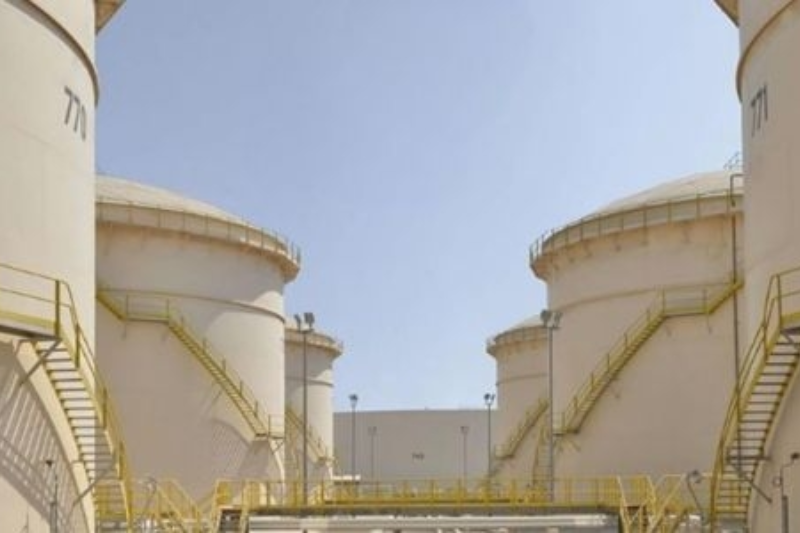The Council of Representatives of Bahrain found itself entangled in a discussion, reverberating the concerns of citizens over the unavoidable and repulsive odor that had spread over different locales of the nation. This discomforting scent was accepted to originate from a detailed spillage at one of the tanks possessed by Bapco Energies, a matter that had started public uneasiness and objection. In the midst of mounting weight from constituents and a developing request for straightforwardness and responsibility from Bapco, the board gathered to address the squeezing issue.
Demands for Action
The board session unfurled against the backdrop of increased public concern, with citizens clamoring for prompt steps to correct the circumstance and re-establish clean discussion to influence zones. Selected agents, cognizant of the direness of the matter, squandered no time in showing a proposition pointed at relieving the trouble of affected communities. The proposition, put forward for discourse, gathered consistent support from the board individuals, who recognized the need for quick activity in lightening the grievances of citizens and recapturing their belief.
ALSO READ: Kazakhstan’s domestic violence law advances protection, yet concerns persist
Health Implications and Government Response
Amid the considerations, Members of Parliament (MPs) highlighted troubling reports of people encountering unfavorable wellbeing impacts, such as uneasiness, tingling, and trouble breathing, in vicinity to the influenced tanks. Concerns were raised with respect to the security and well-being of inhabitants dwelling in these ranges, inciting calls for government intercession. In reaction, requests were made for government representatives working in the region to be pardoned from their obligations, reflecting comparable activities taken by other segments, counting banks and the Ministry of Education, which had transitioned to remote learning for schools found close to the spilling tanks until the issue was settled.
MP Khalid Buanaq, tending to the board, emphasized the gravity of the circumstance and underscored the need for unequivocal measures to protect public health and address the root cause of the issue. He criticized the struggle of interest emerging from the consolidation of duties related to natural conservation and oil generation in a single ministry, highlighting the need for more prominent responsibility and oversight.
Natural Concerns and Future Safeguards
MP Lulwa Al Romaihi reverberated concerns about the potential repeat of similar events in other industrial ranges, such as Jaww and Asker, where emanations from large-scale manufacturing plants, counting Bapco, and waste burning offices postured natural dangers. She pushed for the appropriation of present day and inventive waste management practices to moderate these challenges viably and secure open wellbeing and the environment.
MP Jalila Alawi Sayed, communicating skepticism towards brief arrangements, emphasized the need for a comprehensive approach to address the inescapable risk posed by the various tanks encompassing zones like Sitra, Eker, and Maameer. She cautioned against complacency and encouraged specialists to prioritize long-term arrangements that would guarantee the security and well-being of influenced communities.
ALSO READ: President Faye pledges human rights reform amidst Senegal’s political turbulence
Government Responsibility and TransparencyIn reaction to the concerns raised by MPs and the public, government authorities reaffirmed their commitment to straightforwardness and responsibility. H.E. Ghanim Al Buainain, the Minister for Shura Council and House of Representatives Affairs, gave affirmations with respect to the security of discussing quality after talks with agents from both the Council of Representatives and the Shura Council, as well as Bapco Energies. Moreover, plans were reported to commission a trustworthy British firm to examine the security measures attempted by Bapco, illustrating a proactive approach towards tending to open concerns and guaranteeing responsibility in the management of natural risks.






















